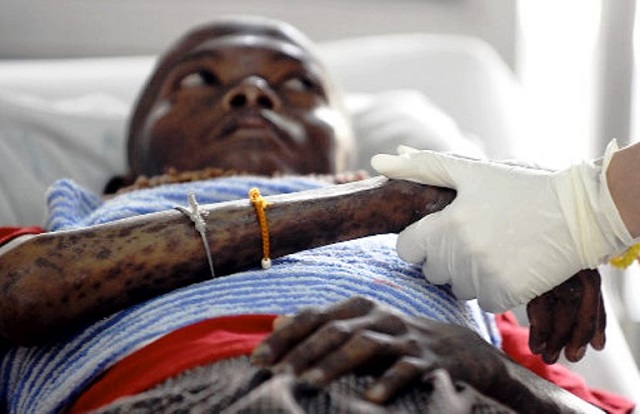The Federal and State Governments have reiterated their dedication to ensuring the sustainability of Nigeria’s HIV response. This pledge was made during the national-state engagement meeting held in Abuja on Monday, where key stakeholders discussed strategies for a long-term HIV eradication plan.
Dr. Temitope Ilori, the Director General of the National Agency for the Control of AIDS (NACA), emphasised the need to redefine HIV programme sustainability.
According to Ilori, the success of the HIV response cannot be achieved solely at the national level but requires active participation from state, local, and community leaders.
“The HIV epidemic cannot be solved from the national level alone. Every stakeholder has a role to play, and our sub-national stakeholders are critical to this sustainability plan. The epidemic is far from over, and we must adopt a New Business Model to move forward.” She added.
Ilori also highlighted the ongoing donor dependency that has historically characterized Nigeria’s HIV response.
She stressed the importance of government structures taking a more visible and engaged role, stating that no child should be born with HIV, given the technology and resources available to prevent mother-to-child transmission.
Leo Zekeng, the UNAIDS Country Director, acknowledged the significant progress made in combating HIV both globally and in Nigeria.
He noted that while new infections and AIDS-related deaths are on the decline, the current approach, rely heavily on external resources and the needs to evolve.
“The challenge now is how to shift responsibilities to non-governmental organisations and state-level bodies to ensure sustainability. Development partners will continue to play a role, but local governments, states, and communities must take on greater responsibilities to sustain these programmes,” Zekeng said.
Dr. Alabi Babajide, Executive Secretary of the Kwara State AIDS Control Agency, underscored the importance of developing a comprehensive HIV sustainability plan.
He called for collaboration among stakeholders to create a national roadmap that can be adapted to meet the unique challenges of each state.
Babajide added, “This meeting allows us to align our strategies and identify future challenges in order to fight HIV effectively and achieve our target of eradicating the virus by 2030.”
The engagement meeting provided an opportunity for stakeholders to assess existing HIV responses, evaluate areas for improvement, and ensure that the fight against HIV remains on track.
Report has it that as Nigeria moves closer to its 2030 goal of ending AIDS, the focus remains on increasing domestic funding and fostering greater involvement from sub-national actors.













